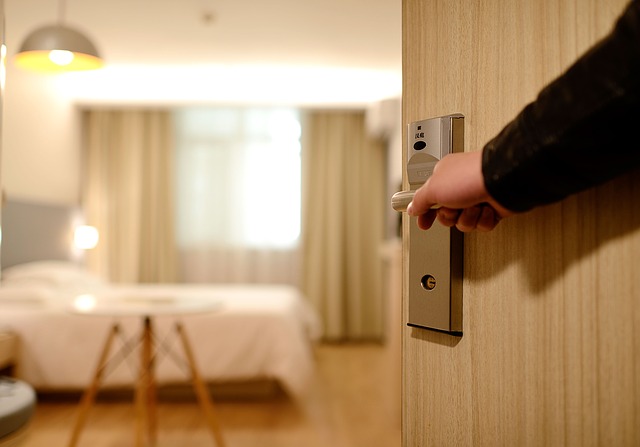Rehab is a shorter, snappier word for residential treatment. This is a type of support program that helps individuals with mental health problems and/or with substance abuse problems.
Residential treatment is a setting where people can heal, manage their symptoms, and recover away from the stress of what can be called “regular life.” It’s a stepping stone for individuals to get back to society by taking care of their mental health. But who is it for and what is it exactly?

Essentials You Need To Know About Residential Mental Health Treatment
What Exactly Is Residential Treatment?
When looking at any southern california mental health treatment center, you might probably wonder what goes on inside. It is inpatient care with 24-hour supervision in a non-hospital environment. It is a live-in facility with programs and provisions that keep a person healthy and comfortable for weeks or months, depending on how long they need to stay. It is a safe and structured environment to help a person in their recovery process.
What Happens While In Treatment
Each person gets an individualized treatment plan to follow so that they’re getting the best care. This can include detox, therapy, medications, veteran support, or any other treatment plans that are specialized for that individual’s needs. Therapists, nutritionists, and psychiatrists, just to name a few, will be onsite so that they can help you live your best life while you’re at the facility.
Types Of Residential Treatment
Depending on what kind of help you need, these are different types of residential treatment to choose from.
● Clinical residential treatment: a home-like setting with other residents so that they can build self-esteem, improve their life skills, and develop healthy relationships. Intensive mental health treatment takes place every day, and there are also educational and vocational counseling.
● Work- or farm-based treatment: only available in certain areas, this kind of treatment provides therapeutic work while training marketable skills that can be used in the world after treatment is over.
● Group residential treatment: this treatment takes place in group homes, and the length of stay is dependent on the individual’s needs.
● Apartment-based treatment: there is more independence since each person is in their own apartment, providing them with some amount of independence.

Reasons To Choose Residential Treatment
Residential treatment is one of the best options for those who are looking to get over their substance abuse problems. Patients can address past issues, develop healthy habits, and have the structure and emotional support that they need to start recovery. The individual is removed from healthy triggers and environments, and they have the means to learn how to manage their symptoms and cope with stress. This includes the different therapies made available to each person, including support groups, individual/group therapy, cognitive behavioral therapy, medication treatment, dialectical behavioral therapy, and management of medication.

Residential treatment facilities are eager to help you with your mental health or substance abuse issues. Why not contact a facility and schedule an assessment today so that you can see what might be right for you? Whether you need therapy, medical detox, or an intensive outpatient program, then they can provide you with the answers you’re looking for.
Conclusion
In conclusion, residential mental health treatment, also known as rehab, is a comprehensive and structured program designed to provide intensive support and care for individuals facing mental health challenges. It involves residing in a treatment facility for a specific duration, allowing individuals to receive round-the-clock care and therapeutic interventions in a safe and supportive environment.
During residential treatment, individuals engage in various therapeutic activities tailored to their specific needs. These may include individual and group therapy sessions, psychoeducation, skill-building exercises, medication management, and holistic approaches such as yoga and meditation. The treatment team works closely with each individual to create a personalized treatment plan that addresses their unique concerns and goals.
There are different types of residential treatment programs available, including those focused on substance abuse, mood disorders, eating disorders, and trauma-related conditions. These programs provide specialized care and a multidisciplinary approach to address the specific challenges individuals may be facing.
There are several reasons why residential treatment may be the right choice for individuals seeking mental health support. Firstly, it offers a highly structured and supportive environment that minimizes distractions and promotes focus on recovery. Secondly, individuals receive intensive therapy and support from a team of professionals who specialize in mental health treatment. Thirdly, being in a residential setting allows individuals to build connections with peers who are going through similar experiences, fostering a sense of community and support.
Additionally, residential treatment provides a break from daily stressors and triggers that may contribute to mental health challenges. It offers a dedicated space for individuals to focus solely on their well-being and engage in therapeutic activities that promote healing and growth.
Ultimately, residential mental health treatment is an invaluable resource for individuals who require intensive support and a higher level of care to address their mental health concerns. It offers a holistic approach that addresses the underlying factors contributing to their challenges, empowers individuals with coping skills, and provides a solid foundation for long-term recovery and well-being.
